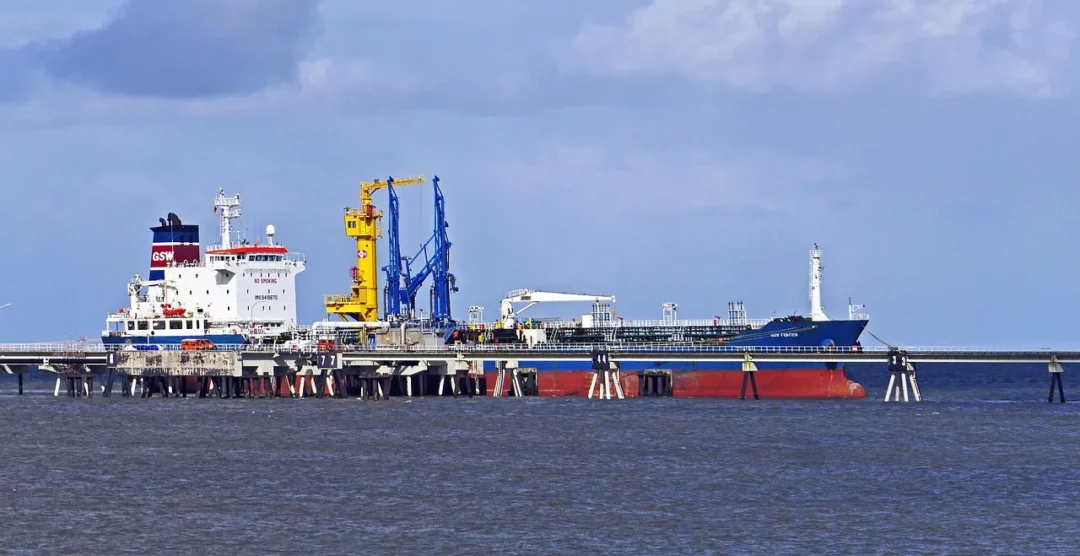
The UAE has grown to be a focal point of energy output and industrial manufacturing in the world. With oil and gas contributing significantly to the national economy, the role of oil testing is crucial in ensuring safety, compliance, and performance. Oil testing allows industries to evaluate the quality, stability, and durability of petroleum products used across multiple sectors. In an environment where operational reliability is paramount, oil testing provides the framework for meeting international standards and enhancing efficiency. Get to know more about the accredited testing services.
Importance of Oil Testing
Oil is one of the key raw materials in power generation, manufacturing, vehicle, and building industries. Its activity is based on chemical composition, stability, and level of contamination. Industries can lose valuable equipment, expose systems to risk, and create expensive downtime without correct testing. Testing is used to ensure that lubricants, fuels, and petroleum derivatives meet the regulatory frameworks and operational requirements. The analysis of viscosity, flash point, and sulfur content stays in the list of obligatory analysis in the UAE energy sector.
Oil testing also ensures compliance with ISO certification UAE standards, allowing industries to meet both local and international requirements. This adherence brings not only confidence between stakeholders but also the achievement of sustainability objectives as well. Information on accreditation can be explored here.

Standards Governing Oil Testing
The UAE is compatible and complies with international standards such as ISO, ASTM, and API standards of petroleum testing. Laboratories refer to ISO 17025 accreditation, with which they guarantee technical competence and impartiality. Material testing laboratories in UAE often integrate oil testing protocols with broader industrial analysis, creating a comprehensive approach to quality assurance.
Density, water content, and oxidation stability are often tested using ASTM, and many refined products and crude oil are tested with API standards governing their specifications. This standardization assures utilization between international trade and domestic operations. Learn more about the petroleum testing procedures.
Applications in the UAE Energy Sector
The UAE’s energy sector relies heavily on oil testing to guarantee efficiency in refining, transport, and storage. The refineries in Abu Dhabi and Dubai have taken several measures on quality control to meet international standards. Testing can also facilitate long-term maintenance of equipment as it detects impurities that are likely to damage turbines, compressors, and pipelines.
Lubricant and hydraulic oil testing is widely applied in power plants, where continuous operation is critical. By analyzing wear particles and chemical stability, oil testing helps predict equipment health, reducing the likelihood of unplanned shutdowns. This predictive maintenance practice is getting a foothold in energy and manufacturing sectors. To enquire about testing solutions, write to experts here.

Role in Manufacturing and Industrial Operations
Manufacturing facilities across the UAE, particularly in sectors like automotive and heavy equipment, rely on oil testing for operational consistency. Contamination or degradation of industrial oils may cause the breakdown of machines and the loss of productivity. Through routine testing schedules, manufacturers are able to manage oil condition, thus increasing the life of machinery.
In construction, oil testing ensures that equipment such as cranes, excavators, and drilling rigs operate reliably under demanding conditions. With the vast growth in the development of infrastructures in the UAE, these practices play a direct role in making operations safe and efficient.
Environmental and Compliance Considerations
Environmental stewardship is an essential component of oil testing practices. Testing detects dangerous contaminants, enabling industries to reduce pollution and lower the risks to the environment. The analysis of waste oil satisfies the requirements of the national energy strategies regarding sustainability, as the disposal processes comply with UAE regulations.
Moreover, adherence to ISO certification UAE standards reinforces corporate responsibility by ensuring compliance with environmental and safety regulations. This establishes responsibility and improves the image of the industries in the UAE. More on ISO and compliance here.

Advancing Technology in Oil Testing
The UAE is adopting advanced analytical technologies such as infrared spectroscopy, gas chromatography, and elemental analysis to achieve higher accuracy in oil testing. These tools provide more insights into molecular composition, allowing industries to address new challenges like renewable energy integration and advanced lubrication needs.
Digitization is also influencing oil testing by enabling real-time monitoring and data-driven decision-making. Predictive analytics help industries to manage oil use, minimize waste, and enhance energy efficiency. Explore accredited testing services here.








No comment yet, add your voice below!